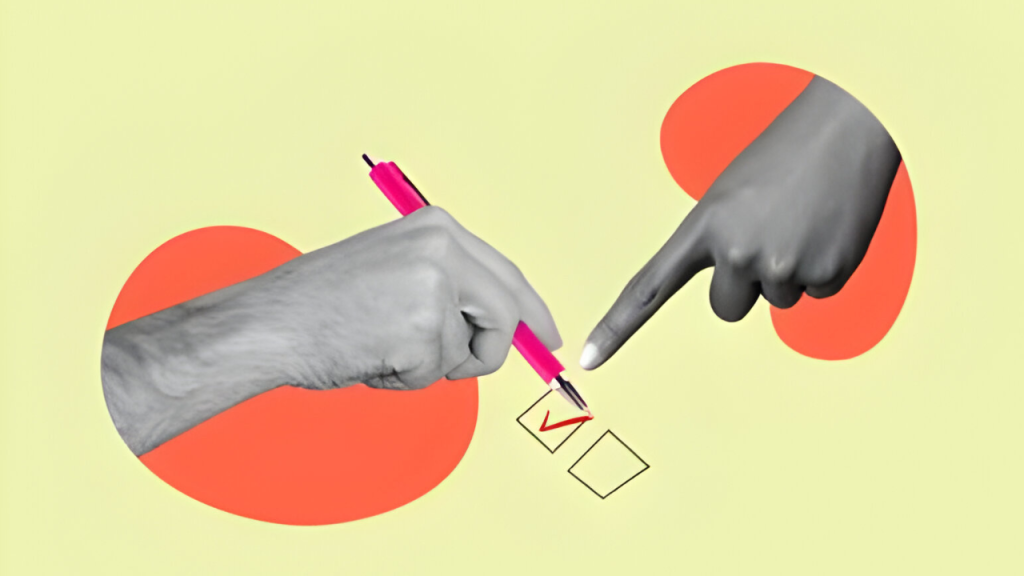13 December 2023
Navigating the Maze: Your Essential HR Compliance Checklist

Imagine a workplace where chaos reigns. Disgruntled employees feel unfairly treated, legal paperwork piles up, and fines loom on the horizon. This scenario might seem dramatic, but it can easily become a reality for businesses that fail to prioritize HR compliance.
However, maintaining compliance can be a hassle. A report by CPA Practice Advisor found that 23% of business leaders find it extremely challenging to maintain regulatory compliance. Additionally, the study reported that 25% of business leaders foresee this issue becoming more demanding in the next year.
As a leading HR advisory firm, Proten International understands how important regulatory compliance is to any business. This powerful tool can keep your workplace running smoothly and legally when navigated properly. And we want to help you have a proper understanding of your checklist.
So, what do you think your HR compliance checklist should include? Let’s delve deeper!
Building Your HR Compliance Checklist: Essential Elements
Recruitment and Hiring:
Standardize your interview process with clear questions to avoid bias. Ensure job descriptions are inclusive and focus on qualifications, not demographics. Verify work authorization for all new hires.
Onboarding and Policies:
Develop a comprehensive onboarding program that introduces new hires to company culture, policies, and benefits. Review your employee handbook regularly to ensure it reflects current regulations and best practices.
Employee Classification:
Correctly classify employees as exempt or non-exempt based on their duties and salary to comply with overtime and minimum wage laws.
Compensation and Benefits:
Regularly review salary structures to ensure equal pay for equal work, regardless of gender, race, or ethnicity. Stay up-to-date on minimum wage increases and adhere to all mandated benefits, like health insurance (where applicable).
Safety and Workers’ Compensation:
Prioritize workplace safety by conducting regular training and inspections. Maintain proper documentation of accidents and injuries, and have a clear process for employees to report safety concerns.
Diversity, Equity, Inclusion, and Belonging (DEIB):
Implement clear anti-discrimination and anti-harassment policies with a robust complaint reporting system. Actively promote diversity and inclusion initiatives within your organization.
Data Privacy and Information Security:
Develop a data security policy outlining how you collect, store, and use employee information. Train employees on data security best practices to minimize the risk of breaches.
Termination and Separation:
Ensure termination procedures comply with all legal requirements, including providing proper notice and severance packages (if applicable). Maintain accurate records of all employee terminations.
Unions and Collective Bargaining Agreements:
If your workplace has a union, ensure you understand and comply with the terms of any collective bargaining agreements.
Remember, this is not an exhaustive list. Compliance regulations can vary depending on your location and industry. It’s crucial to stay informed about specific requirements that apply to your business.
Maintaining Compliance: A Continuous Journey
Think of your HR compliance checklist as a living document. Review it regularly, update it when regulations change, and conduct audits to ensure adherence. By treating compliance as an ongoing process, you can navigate the ever-evolving legal landscape and build a secure, fair, and thriving workplace.
Join 2000+ Subscribers
Subscribe to Our newsletter to stay informed

UK: 5, Seacourt road, London. SE2 9UW
NIGERIA: 11a, Mojidi Street, off Toyin Street, Ikeja, Lagos.
GHANA: F393/4 Otwse street, Osu, Accra, Ghana
(+234) 901 278 1155
info@protenintl.com
Our Services
Latest Tweets
Lorem ipsum dolor sit amet, consectetur adipiscing elit. Donec nec metus libero. Aliquam non mauris.
Copyright © 2024 Proten. All Rights Reserved
Terms Of Service
Privacy
Cookies




